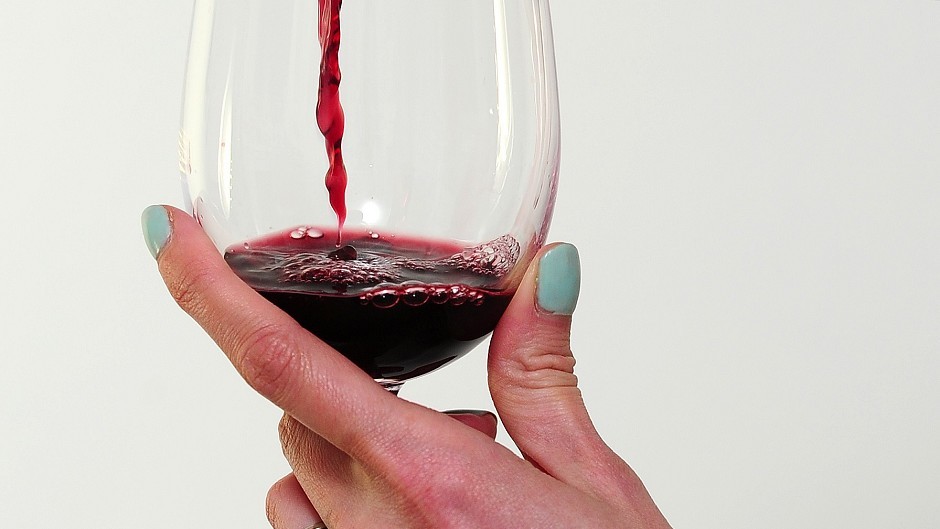Experts from Aberdeen University have helped in the research of cutting edge technology used to improve the growth of wine grapes.
Video-capturing ‘drones’, GoPro cameras and GPS systems – along with the expertise of university academics – are being used to assess the health of grapes in some vineyards.
And the technology, which can also assist in applying growing aids to crops, also has the potential for use with the cultivation of other types of fruit and vegetables.
Precision Viticulture – the science, production and growing of grapes to optimise vineyard performance – has come along tenfold since the introduction of the technology.
Experts say the modernised process can be used across many areas of crop cultivation, which could come as a delight to some of Scotland’s soft-fruit growers.
Dr David Green, of Aberdeen University’s geographer and geographic information system (GIS) department, said: “The technology has come on leaps and bounds in the last few years, and it’s now at a stage where with only around £1,000 worth of equipment, you can start to collect information on the health of a vineyard.
“It’s all about looking for variability in soils and crops in a field, and monitoring how stable they are and then acting on that information.
“If you have a lack of soil moisture, you would use irrigation in that area, and you would apply fertiliser to an area not growing as well as others.”
He added: “Previously pesticides, fungicides and irrigation would be applied to the whole field, when perhaps only a small area actually required it.
“As well as saving money, a precision approach is far better for the environment, as there will be less chemicals going into the crop, and ultimately into the wine.”
Dr Green said: “There must be some aspect of where it is grown that affects the fruit.
“In Tayside they modify the climate by using polythene tunnels, but the soils and the location must be important, so I am sure this technology could benefit this industry as well.
“Precision Viticulture will also help us to grow crops better with less cost and less environmental impact.”
